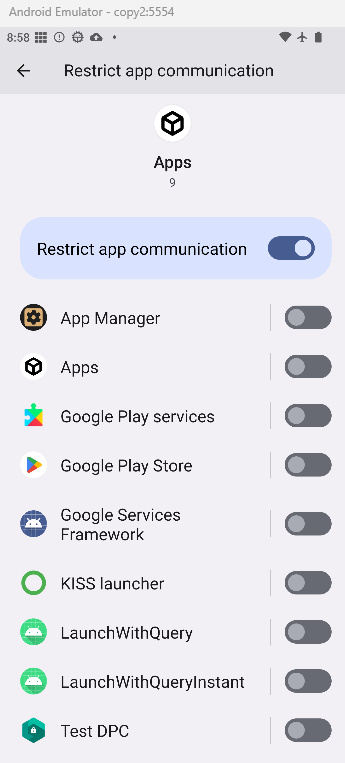Notable changes in version 77:
- update CameraX library to 1.3.0
- update Gradle to 8.4
- update Kotlin to 1.9.20
- update NDK version to 26.1.10909125 instead of using the older default set by the Android Gradle plugin
A full list of changes from the previous release (version 76) is available through the Git commit log between the releases.
The Auditor app uses hardware security features on supported devices to validate the integrity of the operating system from another Android device. It will verify that the device is running the stock operating system with the bootloader locked and that no tampering with the operating system has occurred. It will also detect downgrades to a previous version.
It cannot be bypassed by modifying or tampering with the operating system (OS) because it receives signed device information from the device's Trusted Execution Environment (TEE) or Hardware Security Module (HSM) including the verified boot state, operating system variant and operating system version. The verification is much more meaningful after the initial pairing as the app primarily relies on Trust On First Use via pinning. It also verifies the identity of the device after the initial verification. Trust is chained through the verified OS to the app to bootstrap software checks with results displayed in a separate section.
This app is available through the Play Store with the app.attestation.auditor.play app id. Play Store releases go through review and it usually takes around 1 to 3 days before the Play Store pushes out the update to users. Play Store releases use Play Signing, so we use a separate app id from the releases we publish ourselves to avoid conflicts and to distinguish between them.
Releases of the app signed by GrapheneOS with the app.attestation.auditor app id are published in the GrapheneOS app repository and on GitHub. These releases are also bundled as part of GrapheneOS. You can use the GrapheneOS app repository client on Android 12 or later for automatic updates.
Releases are initially pushed out through the Alpha channel channel for both the Play Store and our app repository, then get moved to the Beta channel and finally the Stable channel
GrapheneOS users must either obtain GrapheneOS app updates through our app repository or install it with adb install-multiple with both the APK and fs-verity metadata since fs-verity metadata is now required for out-of-band system app updates on GrapheneOS as part of extending verified boot to them.
